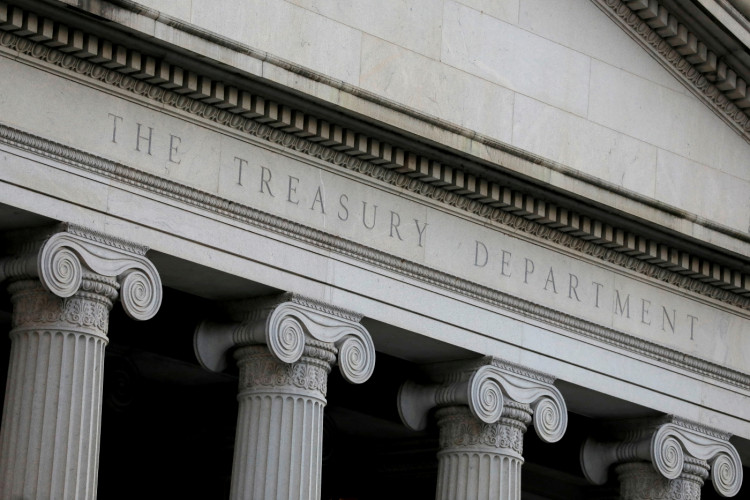The United States declared sanctions on three individuals accused of laundering virtual currency obtained by North Korean hackers to fund Pyongyang's weapons programs. The US Treasury identified the individuals as a China-based virtual currency trader, a Hong Kong-based currency trader, and a representative of North Korea's Korea Kwangson Banking Corp who recently moved to Dandong, China.
According to the Treasury statement, China-based trader Wu Huihui facilitated the conversion of virtual currency taken by North Korea's Lazarus Group. Cheng Hung Man, the Hong Kong-based trader, collaborated with Wu to make payments in exchange for virtual currency. The Treasury also targeted Sim Hyon Sop for acting on behalf of the previously sanctioned Kwangson Banking Corp.
The statement revealed that Wu processed numerous transactions, converting millions of dollars worth of virtual currency. The US sanctions will freeze any US assets of these individuals and expose those conducting business with them to potential sanctions.
Brian Nelson, US Treasury Under Secretary for Terrorism and Financial Intelligence, emphasized that North Korea "continues to exploit virtual currency and extensive illicit facilitation networks to access the international financial system and generate revenue." He added that Washington is committed to holding accountable those who enable North Korea's "destabilizing activities," particularly in light of Pyongyang's three intercontinental ballistic missile launches this year.
Years of US-led sanctions have not stopped North Korea's nuclear bomb and missile programs. The recent Treasury action comes ahead of South Korean President Yoon Suk Yeol's visit to the United States this week.
In a February report, US-based blockchain analytics firm Chainalysis estimated that North Korea-linked hackers, such as those in the Lazarus Group, stole approximately $1.7 billion in cryptocurrency heists last year.






